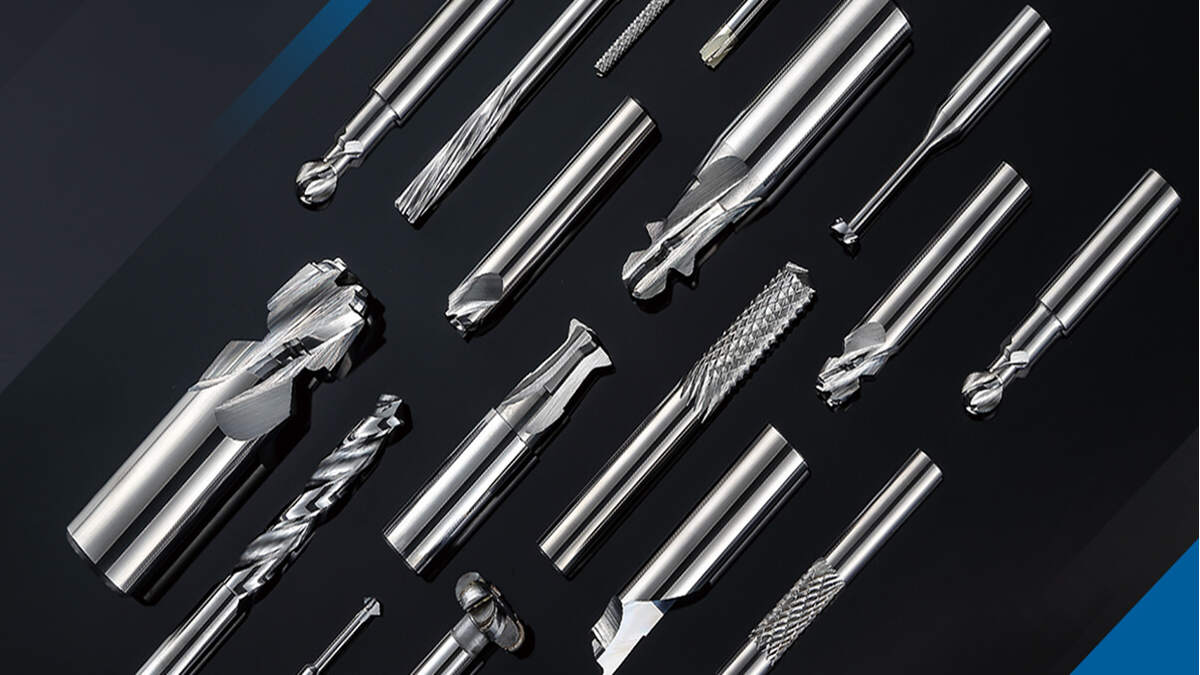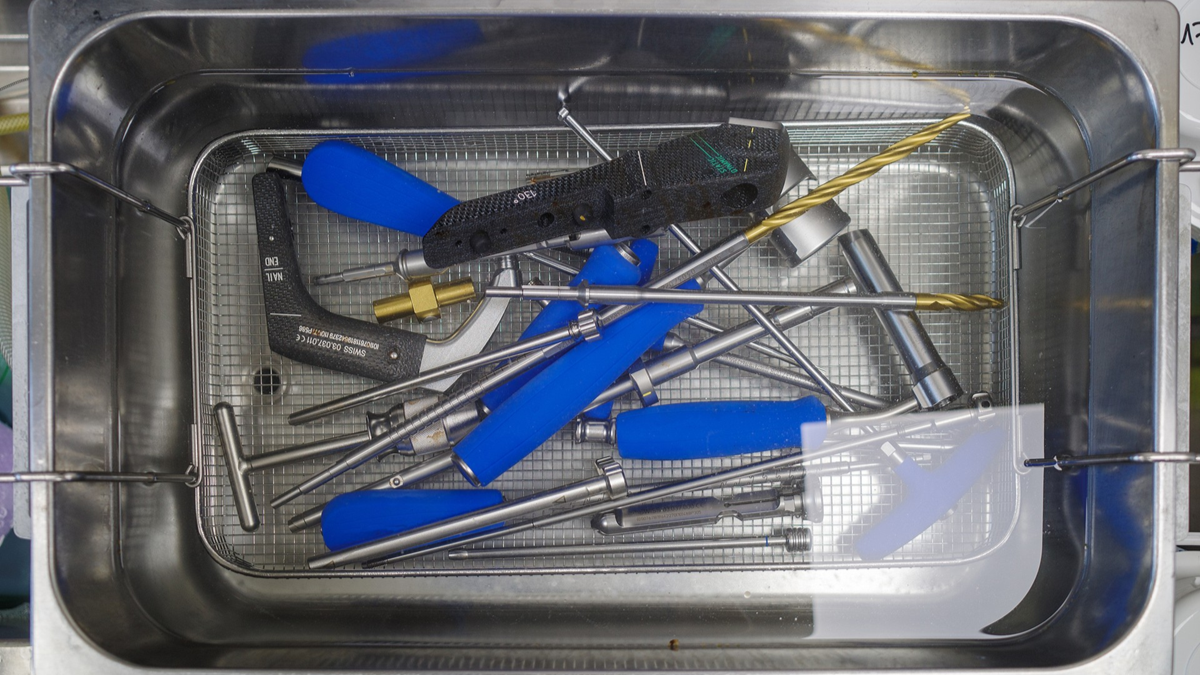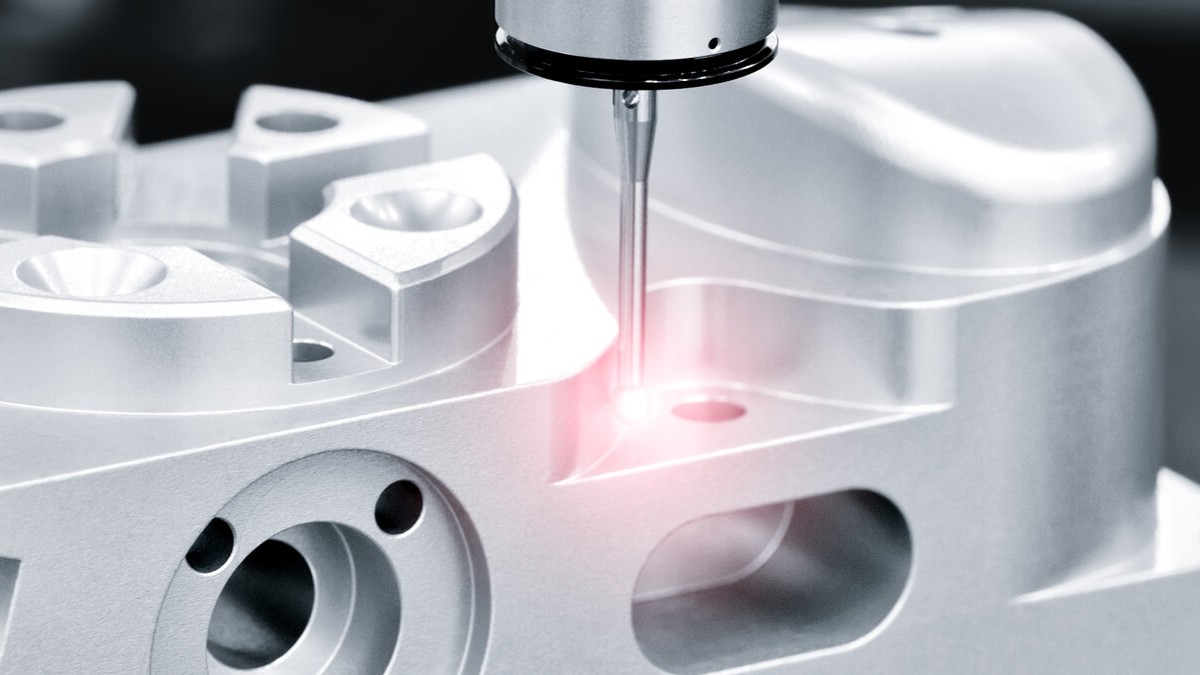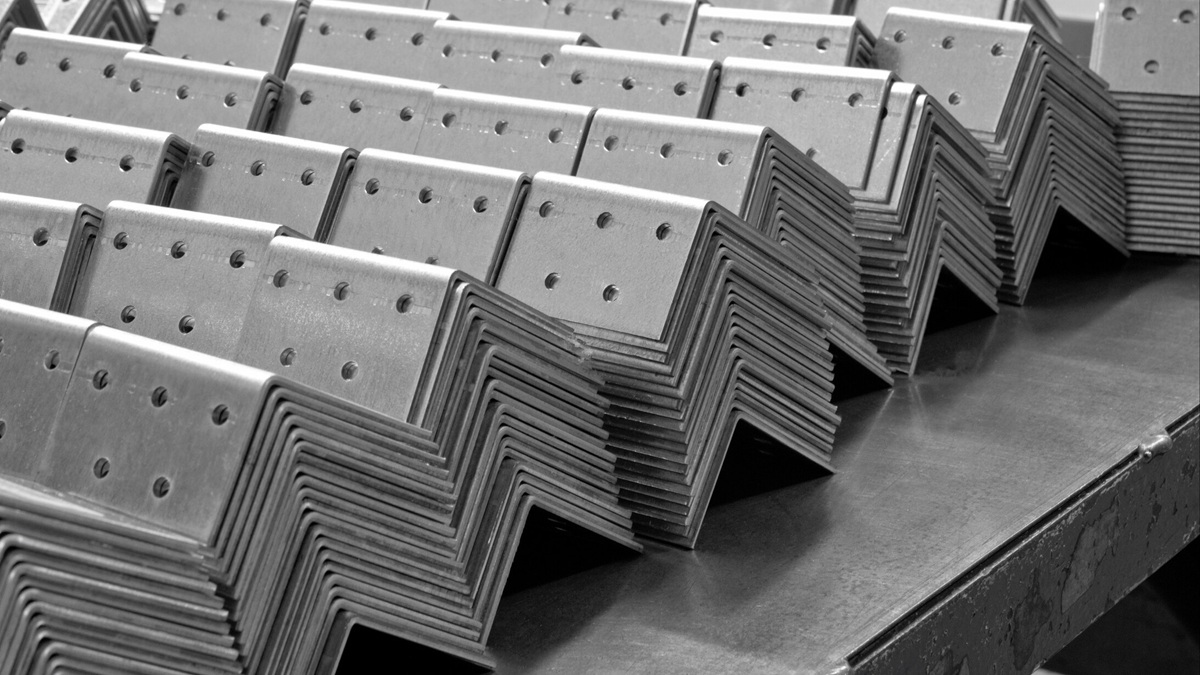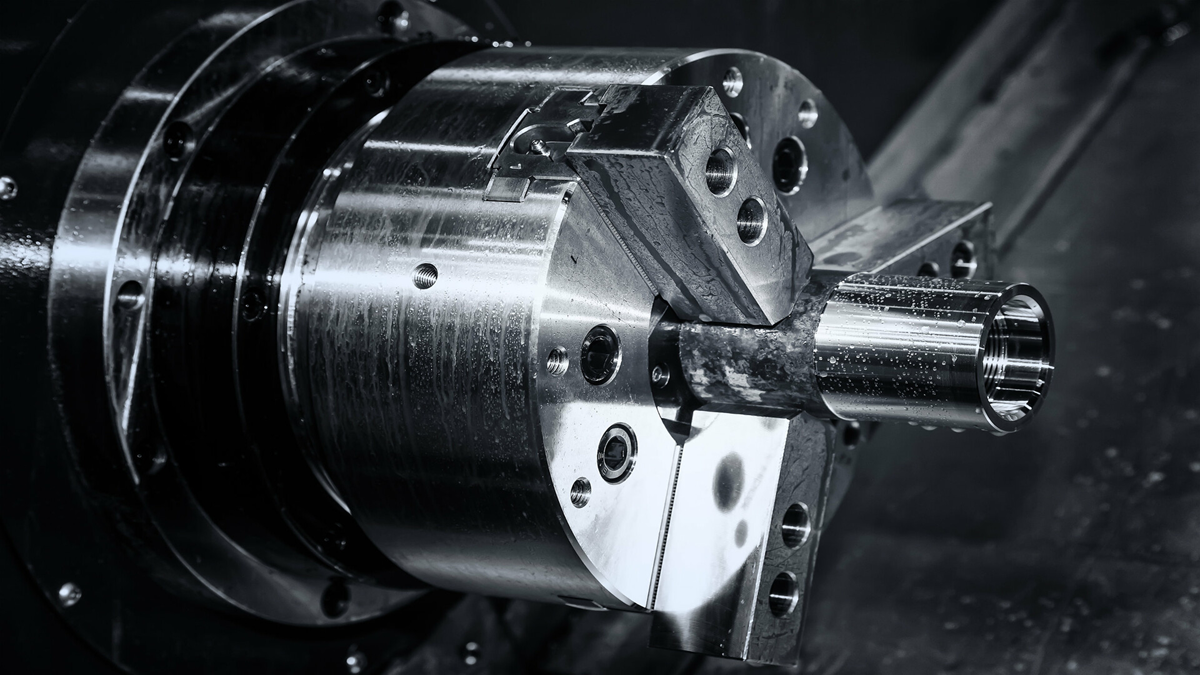The machine tool is an indispensable tool for the production of industrial parts. For a long time, machining was manually completed in a step-by-step process. With the advancement of computer and machining technology, operating technology has been integrated into machining tools to produce CNC machine tools. CNC machining tools greatly improve production efficiency, which frees personnel for other duties. Many manufacturers use CNC machine tools to produce high precision products and parts that cannot be made by traditional machine tools. It is one of the preferred pieces of equipment used in many manufacturing industries.
Classifications of Machine Tools
Machine tools generally refer to machines that make other machines, and are divided into metal cutting machine tools, forging machine tools and woodworking machine tools.
According to their processing methods or purposes, they can be divided into lathes, milling machines, planers, grinders, drilling machines, boring machines, broaching machines, gear processing machines, etc.
According to the size and quality of the workpiece produced, they can be divided into instrument machine tools, medium and small machine tools, large machine tools (10~30t), heavy machine tools (30~100t), and super-heavy machine tools (above 100t).
According to their machining accuracy, they can be divided into relative accuracy and absolute accuracy.
According to the different control methods, machine tools can be divided into traditional machine tools and CNC machine tools. The traditional machine tool is a machine tool controlled by humans, while the CNC machine tool is an automatic machine tool equipped with a program control system. Compared with traditional machine tools, CNC machine tools have greatly improved processing efficiency and accuracy, and have become mainstream in the modern machine tool industry.
According to the applicable scope of machine tools, they can be divided into three types: general-purpose machine tools, specialized machine tools, and special-purpose machine tools.
According to the structure and layout of the machine tools, they can be divided into vertical type, horizontal type, gantry type, etc.
Applications of CNC Machine Tools
The functional components of CNC machine tools mainly include the CNC system, spindle, motor, drive, lead screw, guide rail, tool magazine, swing head and turntable, etc. These components of the CNC machine tool determine the level of performance of the CNC machine tool. Let's take a look at the fields where CNC machine tools can be used:
Aviation industry: For parts such as aircraft wings, fuselage, tail, engine parts, etc., the required machine tools include high-speed five-axis machining centers, gantry mobile high-speed machining centers, precision CNC lathes, precision horizontal machining centers, multi-coordinate file milling centers, precision gear and threading control machine tools, etc.
Railway locomotive manufacturing industry: For high-speed railway locomotive bodies, axles, wheels and other parts, large and medium-sized CNC machine tools are needed. This includes CNC lathes, vertical and horizontal machining centers, five-axis machining centers, and gantry file milling machines.
Weapons manufacturing industry: For tanks, armored vehicles, bullets, guns, cores and other products, machining is done with the use of CNC lathes, vertical and horizontal machining centers, five-axis machining centers, gantry filing and milling machines, filing and milling machining centers, gear machining tools, etc.
Mold manufacturing industry: Automobile panel molds, die-casting molds, forming extrusion molds, etc., require high-speed CNC milling machines, precision electrical machining tools, high-precision machining centers, and precision grinding machines.
Electronic information equipment manufacturing industry: For high-end electronic product casings, motor rotor stators, motor housing covers, etc., small precision CNC machine tools are needed. These include: high-speed milling centers, high-speed machining centers, small precision lathes, small precision punches, precision and ultra-CNC machine tools for precision machining and precision electric machining tools.
Power equipment manufacturing industry: Heavy-duty CNC gantry filing and milling machines, large-scale floor-standing filing and milling machines, large-scale CNC lathes, special milling machines for blade root grooves, and blade CNC machining machines are required for the machining of power generation equipment
Metallurgical equipment manufacturing industry: For continuous casting and the rolling, large gantry milling machines and large CNC lathes are required.
Construction machinery manufacturing industry: For gearboxes, excavating arms, car bodies, engines and other components, small and medium-sized CNC machine tools are needed. These include: CNC lathes, medium-sized machining centers, CNC milling machines, and gear processing machine tools.
Shipbuilding industry: Machining diesel engine bodies requires the use of heavy-duty and super-heavy gantry milling and filing machines, heavy-duty CNC floor milling and filing machines, large-scale CNC lathes and turning-milling centers, large-scale CNC gear grinding machines, crankshaft-controlled milling machines, and large-scale crankshaft turning-milling centers.
Automobile manufacturing industry: For vehicle components and engines, high-efficiency, high-performance, special-purpose CNC machine tools and flexible production lines are required. The processing of spare parts requires the use of CNC lathes, vertical and horizontal machining centers, and CNC high-efficiency grinders.
Advantages And Disadvantages of CNC Machine Tools
Advantages:
- High machining accuracy
The machining accuracy of CNC machine tools is higher than that of ordinary machine tools, and achieve tolerances within 0.05 to 0.1MM. Since the CNC machine tool uses digital signals for operation control, the positioning accuracy is high. The numerical control device can give output pulse signals that move the machine parts by increments of 0.001MM.
- Stable processing quality
Multiple repeated operations ensure that batches of products are processed under the same processing conditions, producing parts that are highly consistent in quality.- High production efficiency
The emergence of CNC machine tools has greatly improved the efficiency of production. High-speed production effectively reduces the set-up and processing time. Instructions can be stored in the CNC computer, eliminating the need to make adjustments at set-up, significantly reducing manpower and time.
- Leverage production management modernization
CNC machine tools are highly standardized which facilitates the management of their processing procedures.
Disadvantages:
While CNC machine tools are highly efficient, they have higher technical skills requirements for operators and maintenance personnel. Once the machine is damaged, qualified personnel will be needed for service which can be relatively expensive.


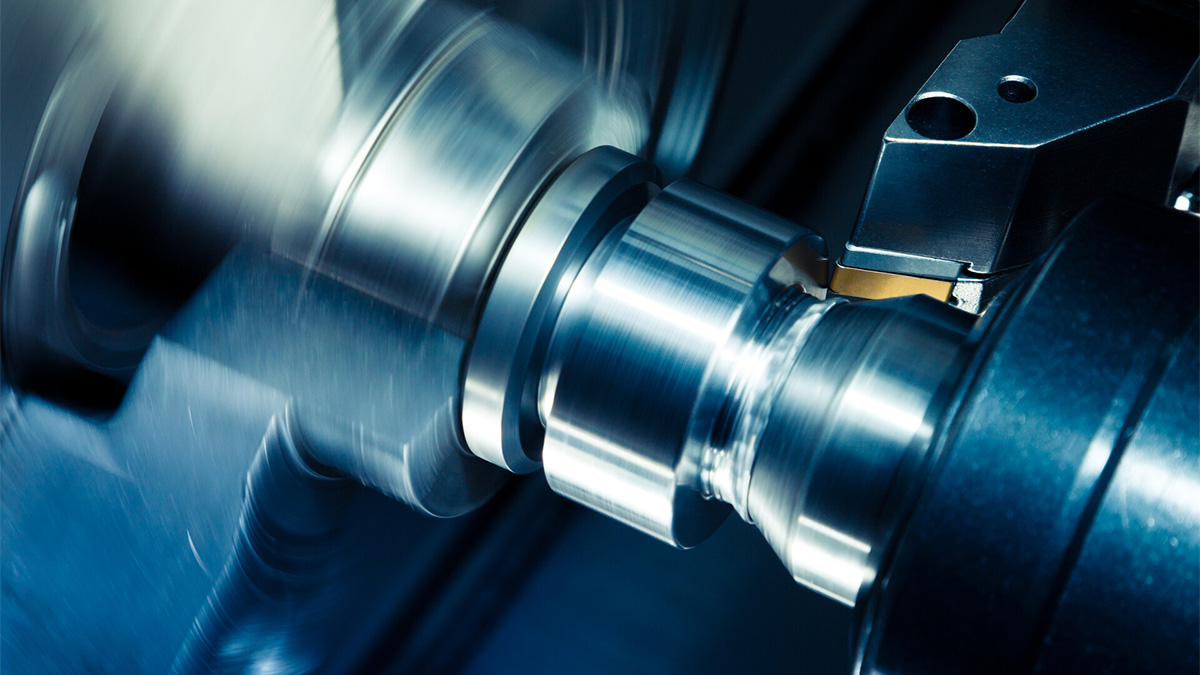

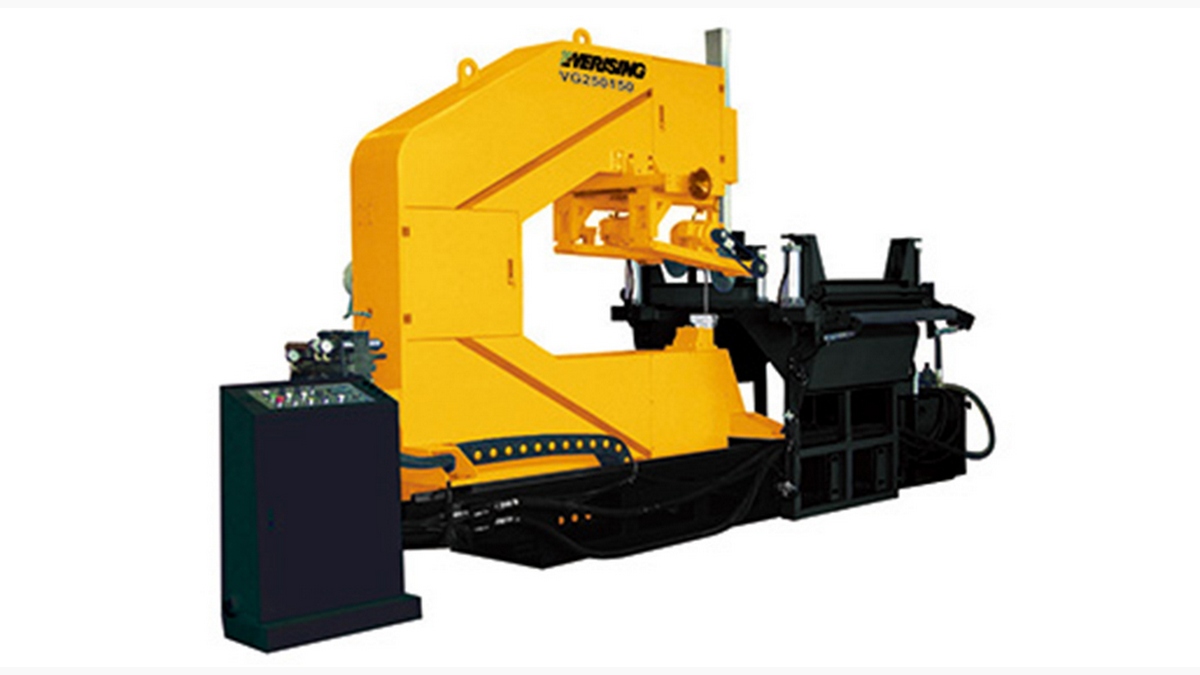



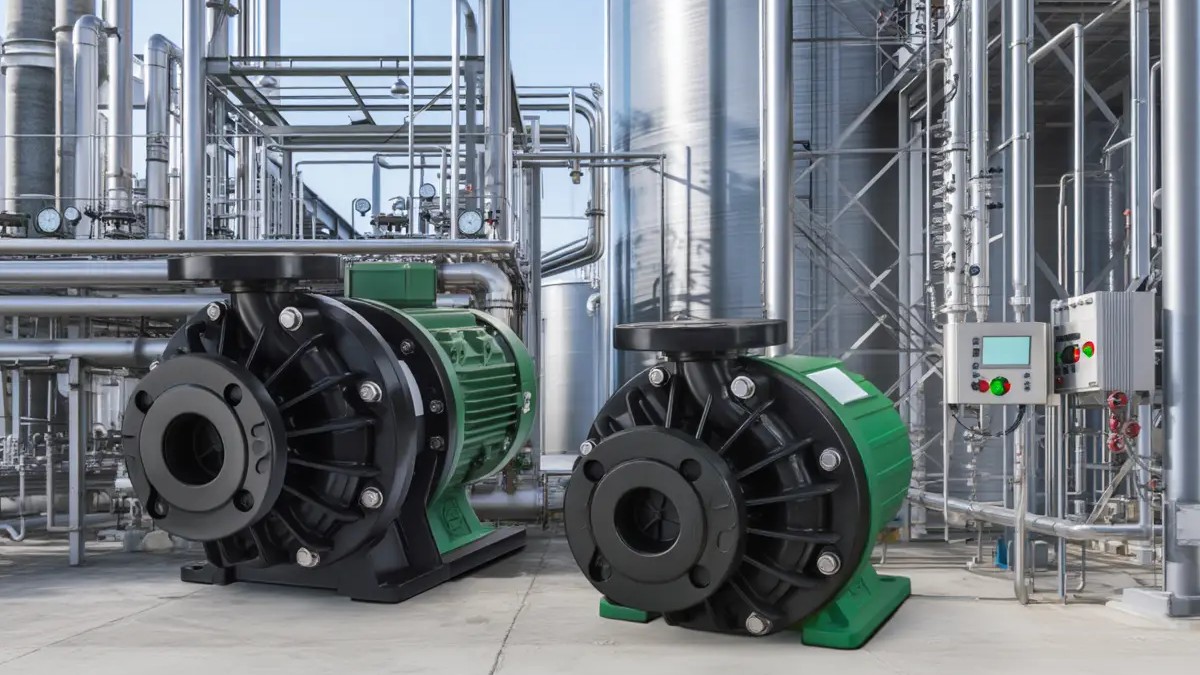
.png)
